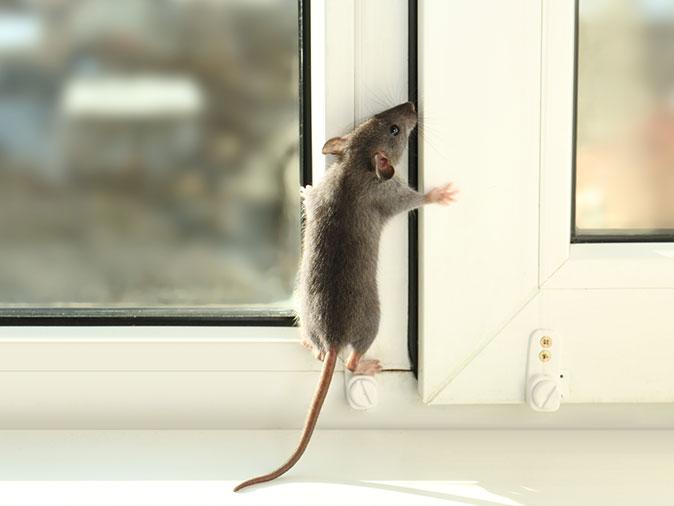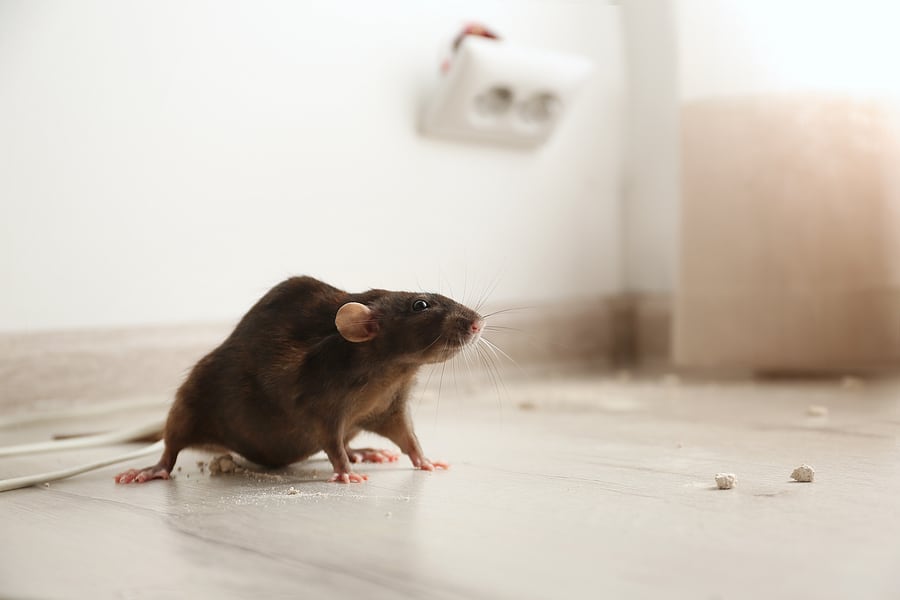In the complex world of rental properties, one of the most pressing concerns that often arises is pest control. Both tenants and hosts have a vested interest in keeping their living environment pest-free. However, the question of who should manage this responsibility can sometimes lead to disagreements. In this article, we will explore the dynamics of tenant vs host pest control, delving into the responsibilities of each party, legal obligations, and practical tips to ensure a harmonious living situation.

Who is Responsible for Pest Control?
The division of responsibilities between tenants and hosts regarding pest control can vary based on several factors, including local laws, rental agreements, and the nature of the infestation. Generally, landlords or hosts are expected to provide a pest-free environment at the start of a tenancy. They are also responsible for ongoing pest control if the infestation is due to structural issues or occurs in common areas of the property.
Tenants, on the other hand, are usually responsible for maintaining cleanliness and ensuring that their actions do not attract pests. For instance, improper disposal of food waste or failing to report minor infestations promptly can lead to larger problems, at which point tenants might be held accountable for pest control costs.
Legal Obligations and Rental Agreements
When it comes to tenant vs host pest control, understanding the legal framework is crucial. Many jurisdictions have specific laws that outline the responsibilities of landlords and tenants regarding pest control. For instance, in some areas, landlords are required by law to address pest issues within a certain timeframe after being notified by the tenant.
Rental agreements also play a significant role in defining pest control responsibilities. These contracts can specify who handles what aspects of pest management, so it's essential for both parties to thoroughly read and understand these terms before signing.
Practical Tips for Effective Pest Management
Both tenants and hosts can take proactive steps to minimize the risk of pest infestations. For hosts, regular maintenance and inspections are key to identifying potential issues before they become major problems. Ensuring that the property is well-sealed and free from entry points for pests is also vital.
Tenants should maintain cleanliness and promptly report any signs of infestation to their host. Simple measures, such as storing food in sealed containers and disposing of garbage regularly, can help keep pests at bay. For more tips on maintaining a pest-free environment, check out these non-toxic rodent control tips.
Collaborative Pest Control Solutions
Open communication between tenants and hosts is essential for effective pest control. By working together, both parties can address issues swiftly and efficiently. Hosts should encourage tenants to report pest problems as soon as they arise, and tenants should feel comfortable doing so without fear of retribution.
In some cases, professional pest control services may be required. Hosts should be prepared to engage these services when necessary, and tenants should cooperate with any instructions provided by pest control professionals. For landlords looking to implement smart solutions, consider exploring smart rodent detectors for more efficient pest management.

FAQs on Tenant vs Host Pest Control
1. What should tenants do if they notice a pest problem?
Tenants should immediately inform their host or landlord about any pest issues. This allows the host to take prompt action and prevents the problem from worsening.
2. Are hosts always responsible for pest control costs?
Not necessarily. While hosts often bear the initial responsibility, tenants may be liable for costs if the infestation is due to their negligence or actions.
3. Can rental agreements override local pest control laws?
Rental agreements cannot override local laws. If a rental agreement contradicts legal obligations, the law will typically take precedence. Tenants and hosts should ensure their agreements comply with local regulations.
In conclusion, tenant vs host pest control is a shared responsibility that requires cooperation and clear communication. By understanding legal obligations, maintaining a clean environment, and working together, tenants and hosts can create a harmonious and pest-free living situation. For more insights on managing pests in rental properties, visit Airbnb's guidelines on maintaining a pest-free environment.
